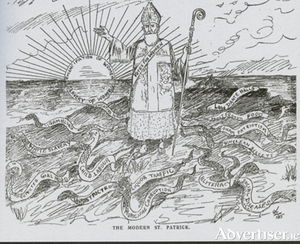Search Results for 'Stephen Gwynn'
7 results found.
Claddagh wrecks rotting in no man’s land
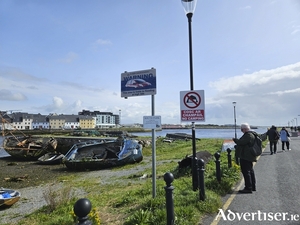
Officials in Galway City Council are powerless to remove the hulks of rotting boats in the Claddagh as the ownership of some quays in the Corrib estuary is unknown.
Irish was never more important
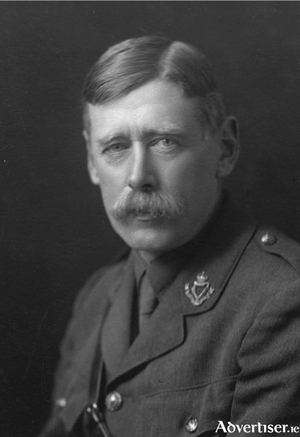
In September 1907 Stephen L Gwynn MP set out for a prolonged cycle-walkabout through Connemara. He was a very well known man in the Galway area, which he had represented for more than 12 years at Westminster as a member of the Irish Parliamentary Party. He was, as well, a literary man and a poet, who took genuine pleasure talking with, and meeting people. With fishing rods and knapsack, he set out on his bicycle on what turned out to be an eventful journey, along Cois Fhairrige to Clifden, through the mountains to Killary and Leenane, across Joyce Country to Lough na Fooey, then on to Ballinrobe and Tourmakeady, and home again along the coast road.*
Christobel Pankhurst tells Galway audience: ‘Now is the time’
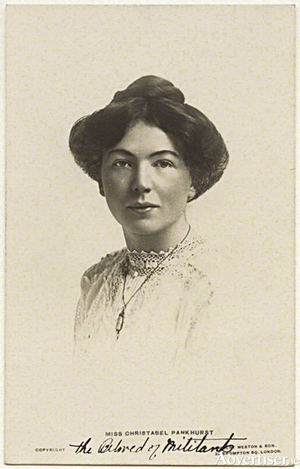
At a time of feverish debate about Home Rule, and noisy Sinn Féin meetings, the fact that Christabel Pankhurst addressed a well attended meeting in Galway’s Town Hall on October 21 1911 was an important event in the political history of the town.
TB epidemic - getting the message across
It is no coincidence that the Regional (now the University College) Hospital and Merlin Park opened almost simultaneously in the mid 1950s. The Old Central Hospital, which had opened in 1922, became unfit for purpose, mainly due to overcrowding, and the difficulty accommodating long stay tuberculosis patients. Tuberculosis, or TB, was, in the early decades of the 20th century, at epidemic proporations. The same year that the Central Hospital opened, the same year as the foundation of our State, there were 4,614 deaths from TB; 611 were children under 15 years.
The night Stephen Gwynn MP nearly lost his pants
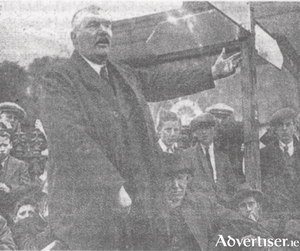
The outbreak of World War I brought to a head the divided camps among Irish nationalists, both of whom wanted Home Rule, or Independence, but both saw different ways to achieve it. Probably because of the large army presence in the town, and the natural benefits that the army brought to traders, as well as the family connections that had developed over the years between town and soldiers, the majority of people in Galway town favoured the British military approach.
A day talked about in sadness and horror
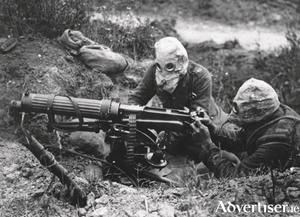
“ I feel that every step of my plan has been taken with the Divine help. The wire has never been so well cut; nor the artillery preparation so thorough….”
